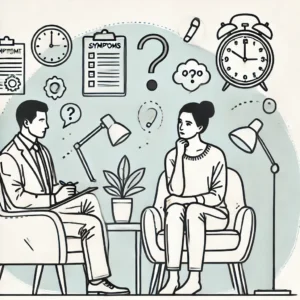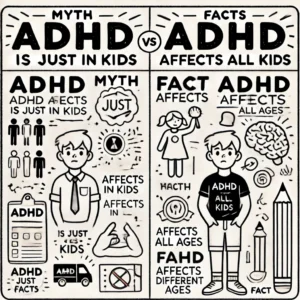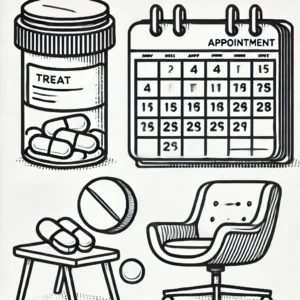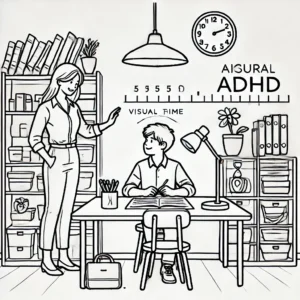Attention Deficit Hyperactivity Disorder (ADHD) affects millions of individuals worldwide, impacting various aspects of life, including social relationships. While challenges such as impulsivity, forgetfulness, and difficulties with active listening can complicate interactions, effective communication and mutual understanding can foster healthy relationships. Let’s explore how ADHD influences social connections and the strategies that can help.
How ADHD Influences Social Relationships
Impulsivity
ADHD often involves impulsive behaviours, such as interrupting conversations, blurting out thoughts, or making decisions without considering consequences. These actions can unintentionally offend others or create misunderstandings.Forgetfulness
Forgetfulness, a common symptom of ADHD, may lead to missed appointments, forgotten commitments, or failure to follow through on promises. While unintentional, these behaviours can strain trust and reliability in relationships.Challenges with Active Listening
People with ADHD may struggle to stay focused during conversations, which can make others feel unheard or undervalued. Distractibility can disrupt meaningful dialogue, even with the best intentions.Emotional Sensitivity
Emotional dysregulation is another hallmark of ADHD. Heightened sensitivity to criticism or rejection can amplify conflicts or lead to misinterpretations in interactions.
Strategies for Nurturing Healthy Relationships
Despite these challenges, individuals with ADHD can thrive socially by adopting effective strategies:
Fostering Patience and Empathy
Friends and family members can benefit from understanding ADHD symptoms, reframing behaviours as part of the condition rather than personal flaws. Patience fosters empathy and reduces frustration.Improving Communication Skills
Structured communication strategies, such as summarizing thoughts or using non-verbal cues, can bridge gaps in understanding. Writing down key points before conversations can also help individuals with ADHD stay on track.Utilizing Memory Aids
Tools like digital reminders or shared calendars can help manage forgetfulness, ensuring commitments are met and trust is maintained.Seeking Professional Support
Therapies, including ADHD coaching and counselling, offer tailored techniques for improving social skills and managing symptoms in relationships.Setting Boundaries and Expectations
Open discussions about boundaries can create a supportive environment where both parties understand each other’s needs and limitations.
Insights from Mind UK
Mind UK highlights how mental health conditions, including ADHD, affect social dynamics. They emphasize the importance of fostering understanding and self-care to build meaningful relationships. For example, ADHD Coaching UK offers practical advice and resources tailored to managing ADHD in everyday scenarios. Explore the programme here.
By understanding ADHD’s impact on social interactions and embracing practical strategies, individuals and their loved ones can cultivate fulfilling and supportive relationships.









